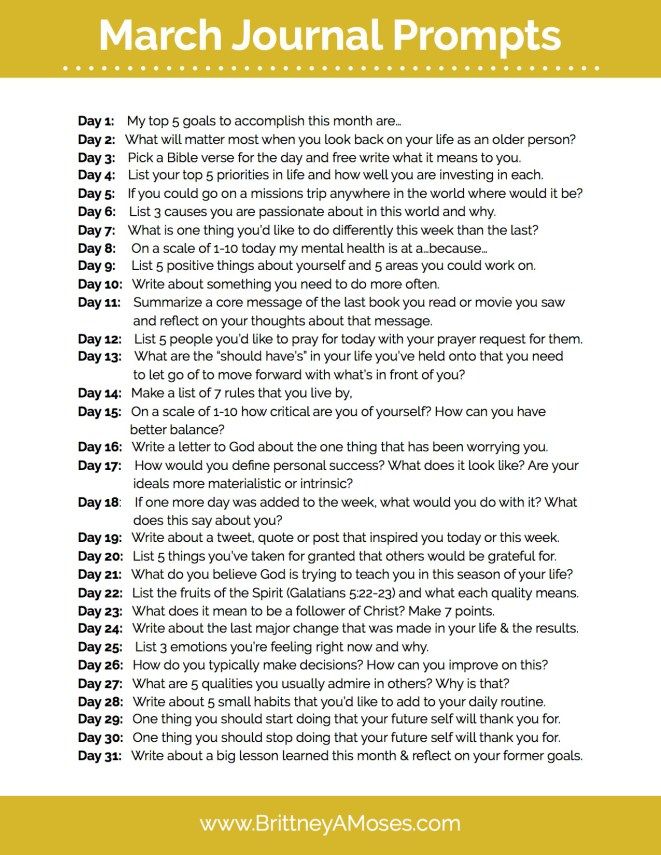Don t complain
Stop complaining—it's making you dumber. Here's what successful people do
NBC / Contributor
Airplanes, restaurants, the office...these are just a few of the worst places for spawning complainers.
In the air, it comes from being strapped to a tiny seat next to strangers at 35,000 feet — plus delays, lost luggage and the toenail-clipper sitting next to you.
In restaurants, being served by someone brings out the worst in most people: "The soup is too cold." "Are you sure it's vegan?" "What's taking so long?"
The real cesspool of constant complaining, however, is in the workplace, where whispers at the water cooler spread negativity like the plague.
Stress from negativity shrinks your brain
A 1996 Stanford study suggests it's time to stop. Complaining, or even being complained to, for 30 minutes or more can physically damage the brain.
Researchers used high-resolution magnetic resonance imaging (MRI) scans and found "links between long-term stressful life experiences, long-term exposure to hormones produced during stress, and shrinking of the hippocampus," the study's authors wrote. (The hippocampus is the region of the brain involved in the formation of new memories and is also associated with learning and emotions.)
The worst part is that the average person complains between 15 to 30 times a day, according to Will Bowen, best-selling author of "A Complaint-Free World."
No whining in the workplace
I actually welcome complainers in the workplace — with one important caveat: The complaints need to be constructive.
In other words, if you're not bringing important issues — accompanied by a solution or additional insight — out in the open, then you're just whining. Here are four ways to be a constructive complainer:
1. Package your complaint like a sandwich
"Woe is me" has never won any friends. But positivity brings out the best in those around you.
The complaint sandwich starts with a positive statement, followed by the complaint, and then closes with another positive statement.
Here's an example: "I've heard great things about your service and I'm excited to try it. But I've had a difficult time reaching my account manager for immediate solutions. I'd really like to continue using your services. Is there anything you can do to help?"
But I've had a difficult time reaching my account manager for immediate solutions. I'd really like to continue using your services. Is there anything you can do to help?"
Structuring your complaints this way also helps the listener better understand where you're coming from.
2. Don't complain about what you created
When fielding complaints, don't complain about a decision or a situation you created. Own it! It's the fastest way to change your "karma" from being the victim of circumstances to being empowered to change them.
Take control and find more than one solution. You'll start moving in a different direction and take yourself from "helpless and hopeless" to "helpful and happier."
Even if it's ultimately not the right answer, it will help create positive momentum.
3. Notice your surroundings
If you absolutely need to let out steam, consider the people around you first. You just never know who's behind that door.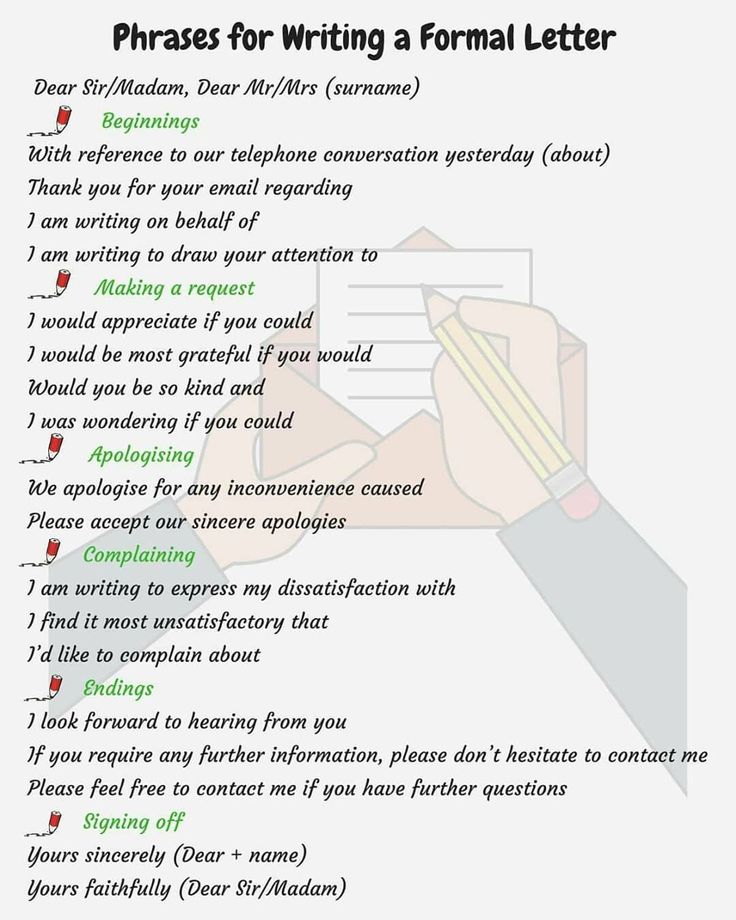
The problem with gripe-fests in the workplace is that they tend to happen in some secret or "safe" place, like the bathroom.
Yet we've all had to uncomfortably listen to someone complain or gossip, and then — surprise! — a stall door opens and out comes someone unexpected. (If it's your boss, you'll have some explaining to do.)
4. Banish the "but..."
Nothing shoots down a group discussion faster than the word "but."
When one person floats an idea and another jumps in with "but," what comes next is always negative. And it invariably leads to disagreement. To improve team effectiveness, start replacing "but" with "and": "That's an interesting idea, and you might also consider…"
Give it a try — you might actually feel the energy in the room start to rise.
Gary Burnison is the CEO of Korn Ferry, a global consulting firm that helps companies select and hire the best talent. His latest book, a New York Times best-seller, "Lose the Resume, Land the Job," shares the kind of straight talk that no one — not a spouse, partner, mentor or anyone else – will tell you. Follow him on LinkedIn here.
Follow him on LinkedIn here.
Like this story? Subscribe to CNBC Make It on YouTube!
Don't miss:
- Stop saying 'I'm busy.' Harvard researchers reveal how successful people say no—and protect their time
- Psychologists agree: 'Tell me about yourself' is the only icebreaker you'll ever need—here's how successful people use it
Don’t Complain About Things You Are Not Willing to Change | by Deb Sofield ~ Public Speaker
www.debsofield.comI have just about reached my limit with people who complain about things they are not willing to change.
You hear it all the time from some in your group. They are the ones who whisper loudly that someone else didn’t do their job or someone else didn’t tell them some tiny bit of useless information or someone else said something to someone. And you know the rest of the excuses of the one person who blames their lack of accomplishments on everyone else but themselves. Today, I have a lot to say to those people.
Today, I have a lot to say to those people.
What are we supposed to think when all you ever do is blame others for the work you should have been doing? Trust me, others are watching, and you will be a marked person if your words belie your lack of activity and accomplishments. It is pretty easy to tell that you didn’t do your work when the project, program or process failed.
As hard as it is to admit, honesty is not for the faint of heart. It is hard to concede that you fell down on the job or that you chose to do something else instead of doing the work required or that you probably didn’t care enough to pull your weight, so you bailed on the project, thinking that you could blame others and it wouldn’t be noticed. Come on, that type of logic is silly at best and pathetic at worst.
Think back and tell me how many times you promised to do something only to be waylaid by other tempting offers? Or how about the time you promised to commit to a project only to find that it wasn’t much fun due to all the work involved, so you quietly slipped away? Or, truth be told, how many times have you feigned illness to get out of doing something you promised others you would do?
I know you are probably thinking about all the other people who have left you hanging with these overused excuses, and while I am not happy with them, frankly speaking, I don’t care about them.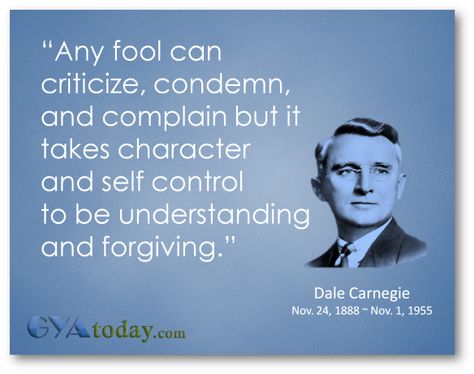 I care about you and the value of your word. I want to make sure that you are not leaning into the wind of dishonesty and complaint because it is easier than keeping your word.
I care about you and the value of your word. I want to make sure that you are not leaning into the wind of dishonesty and complaint because it is easier than keeping your word.
The truth is simple — if you don’t like something, change it. If you can’t change it, then change your attitude about it, but whatever you choose to do, don’t complain about it if you are not willing to do something to make a change for the better.
I write about life choices a lot because everything in your life is a reflection of the choices you have made in the past. If you want a different result going forward, then you have to make different choices today. No one is going to do it for you. You will be on your own with this important task to either finish the job or walk away and abandon the project.
A few years ago, a group I belong to hosted a barbeque and contracted with a local caterer who we had used in the past. We had been happy enough with his product to hire him again. BIG MISTAKE. I don’t have enough paper to tell you all his excuses as to why we ran out of food for our event. Or why we didn’t get all of our pre-ordered, pre-paid food and his made up story that his driver quit because he didn’t want to walk into the building with the second tray of food because it was raining. And to top it off, when we called and asked what happened, he complained and blamed our staff for serving helpings that were too large.
Or why we didn’t get all of our pre-ordered, pre-paid food and his made up story that his driver quit because he didn’t want to walk into the building with the second tray of food because it was raining. And to top it off, when we called and asked what happened, he complained and blamed our staff for serving helpings that were too large.
None of his excuses were true. Well, maybe the driver did quit, but that is because he is a terrible boss. Occasionally I will grab a sandwich at his place of business, and to this day, years later, he still complains and begs to cut a deal to be our caterer again. It will be a cold day in a very hot place before we would ever allow him back to provide food. Not sure if he thought we’d overlook his lies and misrepresentations and complaints about his driver, his food and our serving. When your job is to feed a hard-working staff as a holiday gift meal and you fail, and then you complain that others didn’t do their job, buddy, it’s your company, and therefore it’s your job. And because you complained about everyone else, you showed your lack of personal integrity, so I can pretty much guarantee you’re not ever going to work for us again.
And because you complained about everyone else, you showed your lack of personal integrity, so I can pretty much guarantee you’re not ever going to work for us again.
Like you, I have story after story of mostly good people who would rather tell a fib than admit to the truth that they fell down on their responsibility. And then they think they can cover it up by complaining about the things they are not willing to change to make the process better. Author Roy Bennett says, “Maturity is when you stop complaining and making excuses, and start making changes.”
Change is not easy, but it is the only way you will find the key that unlocks the next door that allows you to move in the direction of your dreams.
In thinking about why good people choose to complain instead of change, it got me to thinking about why people bellyache instead of doing what they have committed to doing. So I have three ideas that I think will resonate since I find myself also doing these sometimes.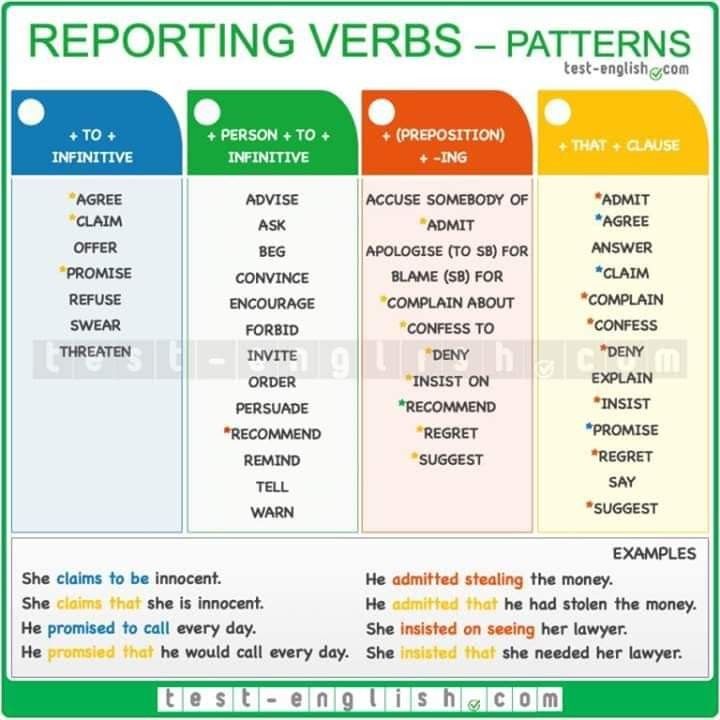
§ I think most of us don’t realize how much we complain.
§ Way too many people complain because it garners them attention.
§ Complaining is a great excuse for poor performance.
I think most of us don’t realize how much we complain because it is ingrained into who we have become. You most likely didn’t always complain as much as you do now because when you were younger, if you were negative, you would have zero friends. And when you’re a kid, it is obvious if you don’t have friends. Now that you’re married or married with kids, it is not quite so recognizable that no one wants to be around you since your family has little choice but to put up with your negativity. And nowadays you have things that keep you busy, so not having friends isn’t a big deal…until it is, and then you realize that you are not anyone’s favorite person because you complain about everything and everyone.
The way to win back friends (or make new ones) is to stop complaining about everything. Seriously, no one wants to hear you say another negative, unkind, biting, bitter comment. If you can’t say something nice, just don’t say anything at all. Trust me, no one will miss your snide comments, and, in fact, they might be surprised if you don’t feel the need to comment on every issue known to man.
Seriously, no one wants to hear you say another negative, unkind, biting, bitter comment. If you can’t say something nice, just don’t say anything at all. Trust me, no one will miss your snide comments, and, in fact, they might be surprised if you don’t feel the need to comment on every issue known to man.
The other reason people complain is because it garners them attention. I am always surprised how many people have a deep need to be approved of and acknowledged for anything they have done — large or small. So they will complain loudly to make others stop because it puts them back to the center of attention. This is the moody friend who always says everything is “fine” as they mope around and cry a little bit and stare off into space just hoping you will ask, “What’s wrong,” and of course, the answer is always, “nothing.” Okay, then you sit there and cry and moan and groan while we go to the lake without you. It’s amazing how quickly most of them will get over whatever it was they wanted attention for rather than be completely left out.
Attention-seeking complainers imagine they are overlooked, and the only way to restore their self-worth and esteem is to wrestle back the lost attention by saying or doing something inappropriate enough to make them the center of attention in their friend group again. That might work occasionally, but over time that is going to run thin, so much so, that others will walk away because attention-seeking complainers do not make good friends.
While I believe that most people do not have any idea how much they really do complain, others are more selfish in wanting to be the center of attention, but the one truth I have seen time and time again is that complaining is a great excuse for poor performance.
Jim Rohn who was considered one of America’s foremost business philosophers said, “To be successful, the most important thing you can do is to give up the blame list — it is so comfortable to blame the government, your negative relatives, the company, company policy,” and I will add the following: the economy, the losers you work with and for.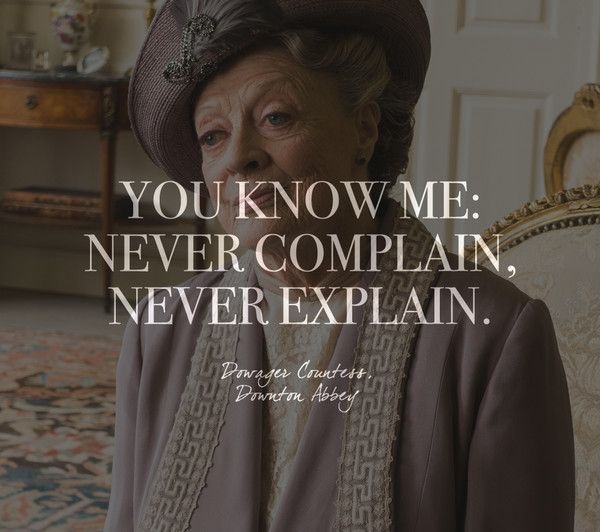
It is easy to blame, blame, blame others for all of your life’s missed expectations. And Rohn is correct — it is easy to blame others except for the fact that the problems many times are not caused by others but by you and your complaining. It is just another one of your lousy excuses for your poor performance.
Don’t for one minute think that others do not see through the pretense of your excuse for not doing the work you were supposed to do. And doing it at the last minute in a sloppy rush job says more about you than anyone you can imagine to blame.
The bottom line is this. Don’t complain about things you are not willing to change. Do yourself and others a big favor and stop complaining about your issues (real or perceived).
Find within yourself the strength to be your best every day for the rest of your life.
Please stop complaining to get attention — it really doesn’t work, and frankly, it annoys the few friends you have left. I promise we’ll like you more when you grow into your own presence and bloom where you are planted instead of demanding like a spoiled child that you be acknowledged. And for Pete’s sake, stop complaining to cover up your poor performance. We see through your falsehoods and are not impressed one bit. Just do you job and do it well.
And for Pete’s sake, stop complaining to cover up your poor performance. We see through your falsehoods and are not impressed one bit. Just do you job and do it well.
This is tough love Tuesday because someone needs to be the one friend who can push you or pull you into believing, doing and becoming your best and the person you were born to be. Today I feel called to be that person. You’re welcome.
Thanks for reading! If you enjoyed this bit of inspiration, please do me a favor hit the green ‘Clap’ button a few times ~ it would mean a lot to me and it helps other people see this post.
Deb Sofield — Speaker — Author — CoachTo download & listen to the podcast visit: http://apple.co/2jV1bE7
To read my blog visit: http://debsofield.com/dont-complain-things-not-willing-change/
Meet me here: www.debsofield.com
10 Things Not to Say to a Tired Mother
© Copyright: Africa Studio/Adobe Stock
People are often arranged like this - they like to advise and teach. Sometimes you just want to hear words of sympathy, but instead you get a lecture on how wrong you are living. Young mothers especially get it - advice and teachings rain down on them from all sides. Journalist and mother Natalya Kalashnikova remembered the ten most unpleasant phrases that do not help, but, on the contrary, drive her into even greater depression.
Sometimes you just want to hear words of sympathy, but instead you get a lecture on how wrong you are living. Young mothers especially get it - advice and teachings rain down on them from all sides. Journalist and mother Natalya Kalashnikova remembered the ten most unpleasant phrases that do not help, but, on the contrary, drive her into even greater depression.
Almost all mothers sometimes get so tired that they even cry. And in these moments, the only thing they need (of course, apart from a glass of wine, a massage and a couple of hours of a babysitter) are words of support. True, sometimes these words turn into a real disservice. It seems that they wanted to support, and as a result, they drove me even more into depression and guilt. Here are ten phrases that are definitely not suitable for a conversation with a tired mother who is on the verge of despair.
Especially when a request for sympathy and support is explicitly expressed. Perhaps you wanted to say that it is natural not to carry all the burden that lies on a woman alone, and few people "look great and manage to do everything." But it is heard as if a woman who is having a hard time was brushed aside, and in general, everyone feels bad, and no one complains. Except you.
Perhaps you wanted to say that it is natural not to carry all the burden that lies on a woman alone, and few people "look great and manage to do everything." But it is heard as if a woman who is having a hard time was brushed aside, and in general, everyone feels bad, and no one complains. Except you.
If you dislike a certain character trait (the ability to complicate things) so much that it is difficult to keep silent about it, why do you communicate with this person at all? If a woman cannot cope with a problem, then it is difficult for her. Perhaps you wanted to say that the problem is not as terrible and large-scale as it seems, but it turned out that you make a complaint about her personality and say that her experiences are far-fetched. Do not do it this way.
To find out later that there is no clean laundry because laundry is not in the first place in the organizer? Priorities are priorities, but there are things that no one but a woman can do. Perhaps you wanted to give advice on organizing time, but it turned out that you pointed out her inability to organize this time. And in general, did they ask you for advice or did they expect sympathy from you?
Perhaps you wanted to give advice on organizing time, but it turned out that you pointed out her inability to organize this time. And in general, did they ask you for advice or did they expect sympathy from you?
And also from food in the refrigerator, from being able to find something in a house that already resembles a dump of children's toys, and from clean clothes. Perhaps you wanted to say that the world will not collapse if the floor is not washed every week or sometimes, instead of a normal dinner, you feed the children sausage or store-bought dumplings. But it turned out to label the simple human desire to live clean and eat well. In most cases, overworked mothers are not perfectionists, they are just…tired.
And wave your magic wand. You just need to want, and a three-year-old child will immediately clean up all the toys himself, and a one-year-old will immediately begin to carefully eat with a spoon (and a knife and fork) and will never spit food. What is faith in magic?
What is faith in magic?
"Parents need helpers, not cheerleaders!" — TikTok users are sure
Hidden benefit theory is very convenient to dismiss a person in a difficult situation. Of course, it is beneficial for a mother, for example, to stay at home with a sick child herself, because there is no need to pay a nanny for which their family does not earn.
Such words are like beating someone who is lying down. You are ashamed - you do not ask. And try not to get into "beg or die" situations. You can't help, just say: "Unfortunately, I can only sympathize, I'm sorry ..." Or keep silent. You were asked for help, not for an assessment of behavior.
Highlight. On your own. Many will read with interest in social networks a report on how the experiment was a success, and even repost it. And in general, words that cannot be clearly answered are ugly.
Are you ready to take responsibility for following your advice? Perhaps you wanted to say that in fact the father does not need the child, he does not want to mess with the child.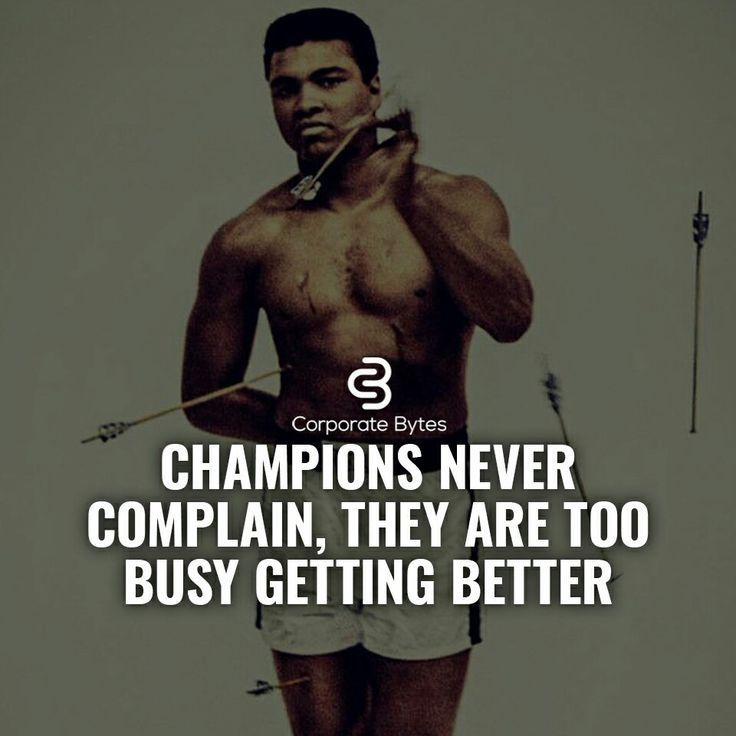 Believe me, if a woman does not trust the child to the father, then there are reasons for this. By saying this, you are hitting the woman in the most painful way.
Believe me, if a woman does not trust the child to the father, then there are reasons for this. By saying this, you are hitting the woman in the most painful way.
Yes, such injuries, they can not only speak, but also write, and even hack accounts in social networks. In a woman, her pain speaks, and in you, a white coat. In general, trauma is not a stigma and not guilt.
Why do so many people say this? Because when they complain about life, they can give only two reactions - to judge and save.
That is, to express an opinion or give advice. While most often complaints about life are just a request for participation (sympathy).
"How hard it is for you!"
“I understand you…” (a detailed account of how you yourself were in a similar situation is optional).
“Can I help you somehow?” (if they are really ready to help, and help in the way a woman needs).
“Do you want me to play with your children while you go about your business?” (if you are really ready to babysit).
"Give me your card number, I'll send you some money" (if you really are ready to transfer money).
"I hug you!"
“On the handles?”
"I'm sorry, I can't help you" (and honest defriending).
Any person sometimes needs support acutely and urgently - participation rather than advice or analysis of a difficult situation. And the simplest and most appropriate response to complaints about life will be a simple "I sympathize." On duty or warm - as you can.
Read more on the topic:
You sit with a child and do nothing else! 9 toxic phrases that women with children hear from partners
7 stupid phrases that are often said to new parents
20 phrases that should not be said to a pregnant girlfriend (and even more so wife)
Gave birth and did not understand
Listen to the podcast from the editors
Don't cry, don't complain, don't ask! — Magazine room
Little things in life
For the first time, I greatly respected “October” when, studying the history of Soviet literature of the 60s, I found out that Viktor Kurochkin’s story “The Freak”, this masterpiece of Russian psychological prose of the 20th century, was published not just anywhere, but in “October ". It was at this moment that I realized that any division of the sixties magazines into “good” and “bad” is very lame. Aesthetically, everything looks completely different.
It was at this moment that I realized that any division of the sixties magazines into “good” and “bad” is very lame. Aesthetically, everything looks completely different.
Since then, I have been looking at October, trying to find in it something that other “fat men” did not publish. And found. For example, some of Makanin's things. And I find. For example, Vladislav Otroshenko's "Photo Album Supplement" published this year.
I congratulate the dear editorial staff of your favorite magazine on its anniversary, I wish it to continue to catch delicious literary fish, and not only in baited places where most of the “thick” magazines fish.
Don't cry, don't complain,
do not ask!
In "Obshchaya gazeta" in the issue of March 18-24 this year. Prose writer Anatoly Korolev told a pitiful story. He once despaired of writing his masterpieces like the novel “Eron”, which, for all its undoubted genius for the author, for some reason no one wanted to publish. He despaired and decided to “surrender” to a commercial publishing house. Say, here I am, such a genius, all in front of you! Ready, so be it, to write for you, damned, for your money, damned, something such a shameful, blackish, for the amusement of a rude mass consumer. You overcame me, adversaries, broke the laws of the market of your wild, uneducated, free flights of creative inspiration and self-expression that does not recognize, mocks them! In a word, finish me off, you bastards! You will see how an honest writer sells!
He despaired and decided to “surrender” to a commercial publishing house. Say, here I am, such a genius, all in front of you! Ready, so be it, to write for you, damned, for your money, damned, something such a shameful, blackish, for the amusement of a rude mass consumer. You overcame me, adversaries, broke the laws of the market of your wild, uneducated, free flights of creative inspiration and self-expression that does not recognize, mocks them! In a word, finish me off, you bastards! You will see how an honest writer sells!
This story had a somewhat unexpected continuation for Korolev himself. He wrote, which means, “not what you want”, but “what is required”, but it turned out both “not what is required”, and not “what you want”. Something third, completely incomprehensible. I had to rewrite. However, in the process of rewriting, something completely unknown began to come out from under the pen, but the main thing is again - ugh, the abyss! - ingenious, like Fowles and Umberto Eco. And then Korolev made two options: one - shameful (for the crowd) and the second - brilliant (for connoisseurs).
And then Korolev made two options: one - shameful (for the crowd) and the second - brilliant (for connoisseurs).
And then one of the two brothers-novels of the Queen went to the stores with a bang. Not good, not bad. Not the ugly duckling, not the white swan. But the author did not pay money for reprints. Some kind of bandits!
And Korolyov pleaded: what the hell is going on in this world! Okay, when the sacred does not bring income, written for a cultured reader. But if you sold out and don’t pay money, then shout the guard! Robbery! Such a creepy story...
I took pity on the Queen, and then I thought... If he knew in advance that he was going to the bandits' lair, then why did he count on their honesty? He's so naive, isn't he? It's only in the films that the tsarist satraps bow before the fearlessness of the wives of the Decembrists, and the Gestapo give the prisoner a loaf of lard for his inflexibility. But in life, an honest person works, a swindler cheats. And if the honest one decided to cheat the swindler a little, and the swindler in this situation "shod" the honest one, then the swindler should not be blamed ...
And if the honest one decided to cheat the swindler a little, and the swindler in this situation "shod" the honest one, then the swindler should not be blamed ...
On the other hand, as a human being, I completely understand the Queen. It's hard to live without money. We have to feed the family. And then - a fly got caught in a web, tore it awkwardly and flew away without three legs. I'm not kidding at all. I myself have found myself in a similar position more than once. And more than once, probably, I will be.
But something about the story of the Queen doesn't suit me. I believe in its reality, but I do not believe the narrator. I do not believe his tone, the inflections of his voice. What a pathetic tale! Hits the tear! But a tear doesn’t come out, that’s what’s the matter ...
Anatoly Kurchatkin also tries to knock out a tear in Literaturnaya Gazeta, 7 April. However, his story is even more pitiful...
In our country, Kurchatkin said in a trembling voice, no good literature is published at all.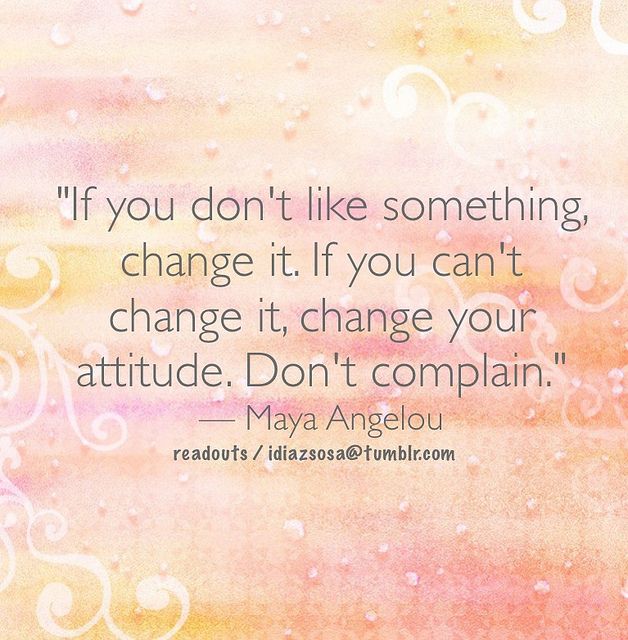 Some fantasy and detective stories. The situation is so terrible that the state is obliged to intervene. It should publish good literature!
Some fantasy and detective stories. The situation is so terrible that the state is obliged to intervene. It should publish good literature!
Forgive me Kurchatkin, whose early stories I still love, but it sounds like this: Kurchatkina the state should publish! If I am wrong, then let me give you a list of good literature, which has not been published for years and which the state should publish. This list is not in Kurchatkin's article. But if I'm right, then, as our president aptly put it, "this is such a squiggle." Suppose the state creates a structure for the selection of good literature and the list includes the last works of Kurchatkin. Suppose I was hired to work in this structure. I will strongly and consistently oppose the publication of Kurchatkin's latest novels, because ... I don't like them. But Kurchatkin can legitimately object: what the hell is some Basinsky with his spoiled taste and obvious gaps in education deciding my fate! And Kurchatkin will be right. I have no right to decide his fate. And no one, except his family and friends, has no right to do so. So what: shall we form a state commission of Kurchatkin's relatives and friends? And, in fact, why not one of mine?
I have no right to decide his fate. And no one, except his family and friends, has no right to do so. So what: shall we form a state commission of Kurchatkin's relatives and friends? And, in fact, why not one of mine?
But again it arises “on the other side”. On the other hand, I understand the state of Kurchatkin's soul, because it is humanly close to me as well. Oh, how sweet it is: to be recognized not by some market publisher, but by the State itself, and if worthy cultured people also represent it! Some official, having barely heard your last name over the intercom, will run out to the reception room, open the door, lead you into the office, seat you in an easy chair ... “Dear name! Believe me, your name means a lot to me! Just the other day I was reading your book with my whole family. And how do you do it? What? Are there any problems? Would you like to say that your new book was delayed by the publisher? No, I won't leave it like that! You will receive a public apology! In the meantime, I ask you to forgive me personally! My direct duty is to make sure that you, precious name, do not know any worries .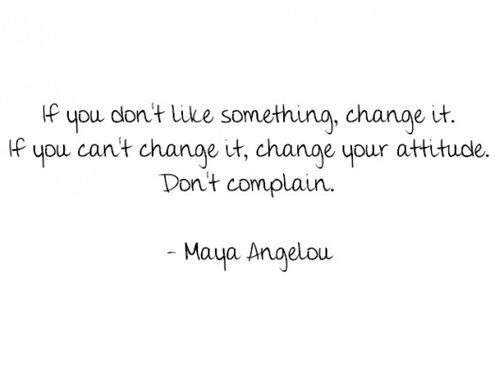 .. except, hehe, creative ones, of course!”
.. except, hehe, creative ones, of course!”
There is no more falsehood in this tale than in the stories of Korolev and Kurchatkin.
And so I will tell another story. Personally, I really like her ...
At the end of the last century, in a yellowish newspaper, eager for fiction of the worst kind (with indispensable murders, fatal passions), a commissioned novel was printed. It was printed in pieces, sometimes signed with the pseudonym of the author, and sometimes without a signature at all. This novel had everything the undemanding reader could wish for. He killed her because he was jealous of everyone, and he was simply a pathological type, prone not only to bullying people, but also to masochism. And she was a decent bitch who deceived two men at once - an old husband and a rich lover, from whom she openly shook out money for dresses and trinkets. However, the rich debaucher deserved it, because he drank without rest and seduced women without an account. The vile murderer, his friend, basely blamed the crime on the old husband, and he went to hard labor for fifteen years. But pangs of conscience hardly tormented the ruthless villain...
The vile murderer, his friend, basely blamed the crime on the old husband, and he went to hard labor for fifteen years. But pangs of conscience hardly tormented the ruthless villain...
It was "Drama on the Hunt" by twenty-four-year-old Anton Chekhov. You re-read it with some spiritual trepidation. What characters, what wisdom of a psychological view, as if the author lived not twenty-four, but a hundred, two hundred, five hundred! What Urbenin! Olenka! Kamyshev! Graph! How simple and authentic!
Chekhov jokingly called the newspaper "News of the Day", in which "Drama on the Hunt" was published "Dirty Days". He was paid three rubles a week. Sometimes there was no money in the editor's pocket, and he suggested that the author take new pants at the expense of the editorial office. But Chekhov did not whimper, did not complain, did not ask. He lived a difficult and impeccably worthy writing life, in which there was everything: poverty, difficulties, popularity, great fame, and early death .



